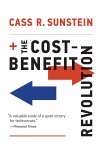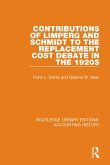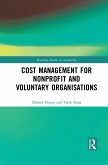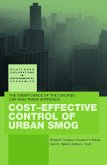The world is increasingly concerned with bridging the developmental gap between the developed and developing countries. With the establishment of a number of institutions for funding the projects including the World Bank, Asian Development Bank, and many other agencies, the need to develop mechanisms to assess economically viable projects is more important than ever. The Social-Cost Benefit Analysis (SCBA) is an important technique used in formulating, appraising, and evaluating projects. It is a facet of applied welfare economics which is increasingly being used to identify and assess public projects in both developing and developed countries. This volume presents a comprehensive view of cost-benefit analysis in its theoretical and applied dimensions. Both theory and case studies are presented. The theoretical setting for Cost-Benefit Analysis is established by the first five chapters-"Spatial General Equilibrium and Cost-Benefit Analysis," by David M. Newbery; "Optimum Growth Theory and Social Time Preference: A Computerized Mathematical Modeling Exercise to Choose a Social Discount Rate," by Sardar M. N. Islam; "A Theoretical Inquiry of the Axiomatic Consistency of Distributional Weights used in Cost-Benefit Analysis," by Giuseppe Munda; "The Output Gap: Measurement, Related Concepts, and Policy Implications," by Parameswar Nandakumar; and "A Methodological Comparison of Theoretical Approaches in Dichotomous Choice Contingent Valuation," by John C. Whitehead. This book will be useful as a reference text by professors and students in project appraisal classes and will be of equal value to analysts, planners, and interested general readers.
Bitte wählen Sie Ihr Anliegen aus.
Rechnungen
Retourenschein anfordern
Bestellstatus
Storno









